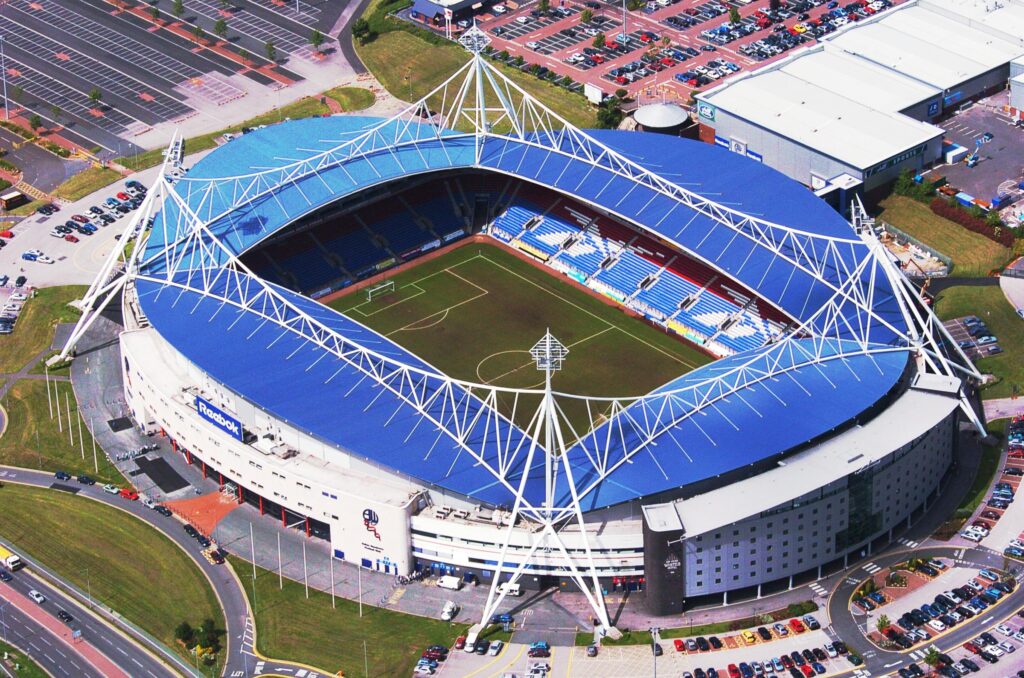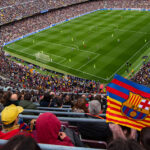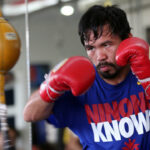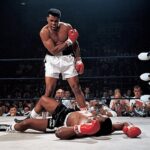Bolton Wanderers was one of the twelve original English Football League teams, finishing fifth in the inaugural season of 1888–1889. To put it another way, this is a club rich in history—it has never won one of the top leagues, but it has won four FA Cups and finished second twice in the League Cup. Two of the team’s most notable players over the years have been Joe Smith and Nat Lofthouse.
About Bolton Wanderers Football Club
In 1888, it became a founding member of the Football League, which was founded in 1874 as the Christ Church Football Club. It changed its name to its current one in 1877. Between 1899 and 1911, the team alternated between the First and Second Division eight times during the course of thirteen seasons, capturing the Second Division championship in 1908–09.
Bolton finished as runners-up in 1894 and 1904 but won the FA Cup three times in the 1920s: in 1923 (the “White Horse Final”), 1926, and 1929. After receiving promotion from the Second Division at the second try at the end of the 1934–1935 season, the team only saw two seasons outside of the top division between 1911 and 1964. They won the race for the FA Cup after losing the 1953 final.
Bolton was demoted twice, in 1964 and 1971. However, they won the Third Division championship in 1972–73 and the Second Division championship in 1977–78, which allowed them to return to the top division.
Though they got out of the Fourth Division in 1987–88 and won the Football League Trophy in 1989 after losing as finalists in 1986, they were still in the fourth division by 1987 due to three relegations.
Some of their highs and lows:
They levelled up in 1992–1993 and 1994–1995 and made it to the Premier League. After winning the First Division championship in 1996–1997, Bolton was unable to compete in the Premier League for more than one season. However, in the 2001 First Division play-off final, Sam Allardyce helped Bolton return to the top division.
After then, Bolton played in the Premier League for eleven straight seasons. They made it to the 2004 League Cup final and twice made it to the UEFA Cup knockout stages. Nevertheless, they were in League One by 2016, after two relegations in five years.
Even though they received promotion in 2016–17, the club’s dire financial problems sent them into administration in May 2019. This followed confirmation of their relegation back to the third division.
On August 28, 2019, the club, facing potential expulsion from the EFL and certain extinction, had new ownership. After being demoted to the fourth division in 2020, they were promoted from League Two in 2020–21 and took home the EFL Trophy in 2022–23.
The club moved from its original site at Pike’s Lane to Burnden Park, where it operated from 1895 to 1997. Bolton has called the Toughsheet Community Stadium home since 1997. More than any other team, they have played in the top division for 73 seasons without taking home the championship.
Bolton Wanderers Football Stadium – Toughsheet Community Stadium
Bolton Wanderers F.C. play their home games at the Toughsheet Community Stadium in Horwich, Greater Manchester, England.
Originally called the Reebok Stadium after the club’s sponsors, Reebok, it opened its doors in 1997. Bolton Wanderers and the Italian sportswear brand Macron signed a naming rights agreement in 2014.
In 2018, it was rechristened the University of Bolton Stadium. It was renamed the Toughsheet Community Stadium on July 1, 2023.
Completed in 1997, the stadium replaced Burnden Park, the club’s previous home, and has a capacity of about 29,000 seats.
Burnden Park, which could have accommodated up to 60,000 people at its height, was falling apart by the 1980s. A portion of the terracing was auctioned off to be developed as a supermarket in order to help pay off the club’s mounting debts.
In 1983, Bolton Wanderers were relegated to the Third Division, and they subsequently played one season in the Fourth Division. The Taylor Report, published in January 1990, mandated that by the 1994–1995 season, every team competing in the English league’s top and second divisions have an all-seater stadium.
John Prescott, a politician from the Labour Party and the Deputy Prime Minister of the United Kingdom at the time, officially opened the stadium in 1997.
There are four stands in the stadium: the Kia (West) Stand on one side of the field. The Nat Lofthouse (East) stands on the other side. The Carrs Pasties (North) stand at one end. Lastly, the South Stand (Franking Sense and the away end) at the other end.
The Club’s Kit Colour
The home jerseys of the Bolton Wanderers are white shirts with red and navy trim, typically paired with white socks and navy shorts.
Over the years, their away uniforms have changed. However, two of the most well-liked and frequent options have been navy and yellow.
The team was originally known as “The Spots” because Bolton did not always wear a white uniform. In 1884, they wore white with red spots. In 2003, the classic navy blue shorts were replaced with an all-white strip; nevertheless, they made a comeback in 2008. Then, in the 1970s, the team had previously dabbled with an all-white uniform.
The Club’s Badge
The Bolton Wanderers club badge features the initials of the team arranged in ball form, accompanied by a Lancashire rose and a red scroll underneath. The present badge is a redesign of one created in 1975. The original was superseded in 2001 by a new one.
It kept the recognised initials but controversially substituted blue and red ribbons for the scroll and rose. Fans who felt the ribbons were a horrible decision, and those who loved the red rose, praised the redesign.
The Bolton town crest, which included the Elephant and Castle design and the town motto, Supera Moras, which means “Overcome Delays,” was the inspiration for the first club badge. There are updates on the back with this feature.
Bolton Wanderers Nickname
The origin of the club’s nickname, “The Trotters,” has been attributed to a few different things. Some claim it’s just a play on the word “wanderers.”. Others say it’s an old term for a practical joker. Others say that one of the grounds the team played on before moving to Pikes Lane was next to a piggery, meaning players had to “trot” through the pig pens to get the ball if it went over the fence.
Bolton Wanderers Football Club Sponsors
Bolton Wanderers and the town-founded sporting products company Reebok had a long-standing relationship. This collaboration included stadium naming rights, jersey sponsorship, and kit manufacturing from 1997 to 2009.
The longest kit collaboration in English football history comprises the shirt sponsorship (1990–2009) and kit manufacture (1993–2012) agreements, which span 22 years together. From the stadium’s opening in 1997 until its closure in 2014, Reebok held the naming rights.
From 2014–2015, Macron, an Italian sportswear company, manufactured Bolton’s uniforms. For four years, Macron also served as the stadium’s name sponsor.
The University of Bolton acquired the naming rights to the stadium in August 2018 through an undisclosed agreement. It was renamed the Toughsheet Community Stadium on July 1, 2023.
More: Apply For Feyenoord Youth Academy
Top Football Academies in Italy
How to Apply to the Brighton FC Academy













